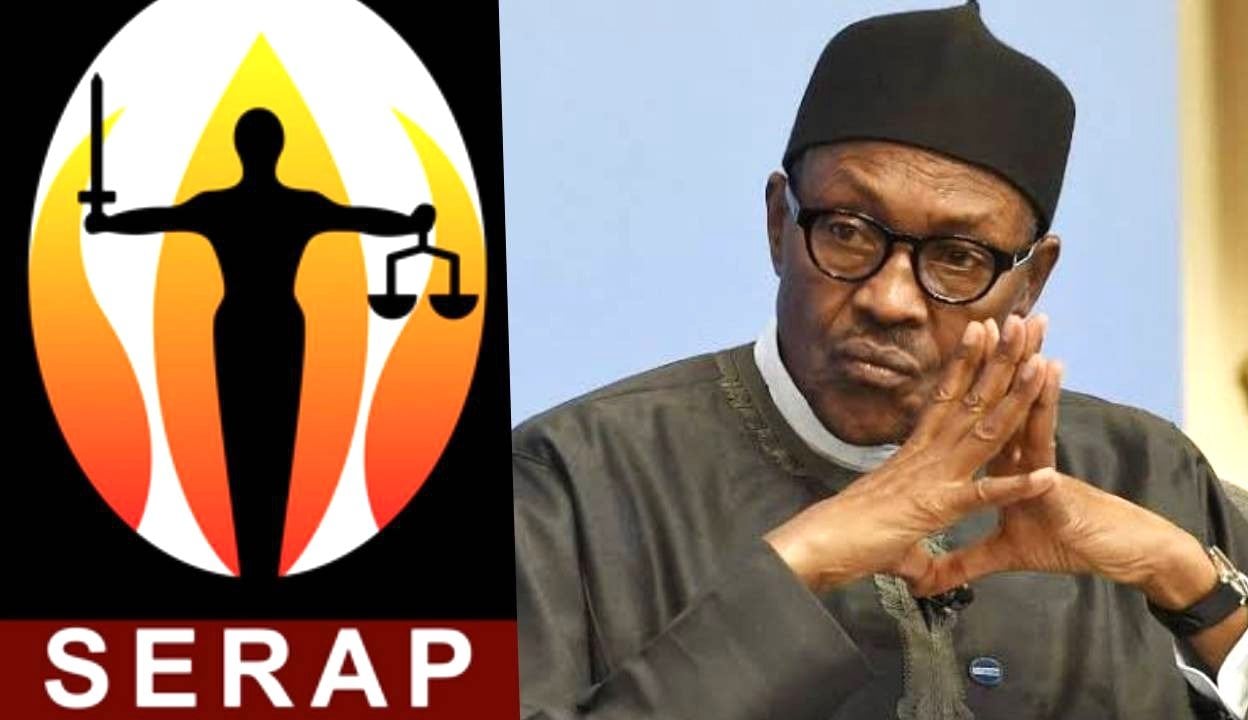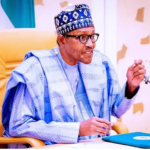The Socio-Economic Rights and Accountability Project (SERAP), has called on the World Bank to suspend the issuance of the $800 million loan to the the Nigerian Government, saying that the Buhari administration has no justification for procuring it.
SERAP also asked the World Bank to request the incoming administration “to provide satisfactory explanations for the loan.”
It would be recalled that the Minister of Finance, Budget and National Planning, Zainab Ahmed, recently announced that the Federal Government had secured $800 million loan from the World Bank to provide post-petroleum subsidy palliatives for over 50 million Nigerians ahead of the proposed removal of subsidy in June 2023.
The Minister said the fund was to be disbursed through cash transfer to vulnerable Nigerian households to cushion the effects of the fuel subsidy removal in the interim.
However, the exact date the government wants to finally stop the subsidy payments has remained unclear, raising doubts about its sincerity with the scheme that has seen the country spend trillions of naira every year.
Reacting to that, SERAP in a letter May 13, 2023, and signed by its Deputy Director, Kolawole Oluwadare, said Buhari’s administration is ending this month and has no justification for securing the loan.
It added that, “Suspending any disbursement of the loan to the government would reduce the risks and vulnerability to corruption and mismanagement.”
According to report released by KPMG in April, Nigeria’s national debt is likely to hit above N77 trillion by end of 2023.
The civil advocacy group urged the Bretton Woods Institution to ensure that it “complies with its own Articles of Agreement in disbursing any loans. The bank should not sacrifice international standards in the rush to disburse the $800m loan to the government.”
SERAP said it is curious that Buhari’s government was seeking to procure the loan “when it has barely two weeks to leave office and when the project objectives and intended purposes for which the loan is reportedly approved and will be disbursed remain unclear.
“The government has not satisfactorily explained or justified the need for the loan at this time, especially given the lack of clarity on its use and the crippling debt burden, and the disproportionately negative impact of these retrogressive measures on poor Nigerians.”
The urged the World Bank not to “close its eyes to these important transparency, accountability, and human rights issues,” and threatened to sue World Bank if it refuses to suspend the disbursement of the loan to the Federal Government. It added the Nigerian government would be joined in any such suit.
Explaining why it is concerned about the matter, the human rights group said: “The crippling debt burden is a human rights issue because when the entire country is burdened by unsustainable debts, there will be little money left to ensure access of poor and vulnerable Nigerians to legally enforceable socio-economic rights.”
SERAP further alleged that there is a lack of transparency and accountability in the spending of the loans so far obtained. “The details of the projects on which approved loans are spent are often shrouded in secrecy.
“The Bank has a responsibility to ensure that the Federal Government is transparent and accountable to Nigerians in any discussion to obtain loans, credits or grants from the bank and how it spends any approved loans, credits or grants.”
Victor Ezeja is a passionate journalist with seven years of experience writing on economy, politics and energy. He holds a Master's degree in Mass Communication.




















Follow Us